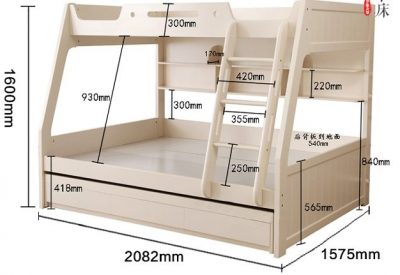Choosing the right mattress is crucial for getting a good night’s sleep and ensuring your overall well-being. Here are some important factors to consider when finding your ideal mattress fit:
- Sleeping Position:
- Your preferred sleeping position plays a significant role in selecting the right mattress. Different positions require different levels of support and comfort.
- Side sleepers may prefer a softer mattress to cushion their hips and shoulders.
- Back sleepers often benefit from a medium-firm mattress that supports the spine’s natural curve.
- Stomach sleepers typically need a firmer mattress to prevent excessive sinkage of the midsection.
- Firmness Level:
- Mattresses come in various firmness levels, ranging from soft to extra firm. Choose a firmness level that aligns with your comfort preferences and sleeping position.
- Keep in mind that firmness perception can vary among individuals, so it’s important to try out mattresses in person when possible.
- Materials and Types:
- Consider the type of mattress material that suits your needs:
- Innerspring: These mattresses have a coil support system. They offer good airflow but may not provide as much pressure relief as foam mattresses.
- Memory Foam: Memory foam mattresses conform to your body’s shape, providing excellent pressure relief and support. They’re great for minimizing motion transfer.
- Latex: Latex mattresses are durable, responsive, and naturally hypoallergenic. They offer a balance of support and cushioning.
- Hybrid: Hybrid mattresses combine different materials, typically with innerspring support and foam or latex comfort layers. They aim to offer the benefits of both worlds.
- Airbed: Adjustable airbeds allow you to customize the mattress’s firmness by inflating or deflating air chambers.
- Consider the type of mattress material that suits your needs:
- Body Weight:
- Your body weight affects how a mattress feels to you. Heavier individuals may prefer a firmer mattress for adequate support, while lighter individuals might find softer mattresses more comfortable.
- Temperature Regulation:
- Some mattress materials, like memory foam, can retain heat. If you tend to sleep hot, look for mattresses with cooling features such as gel-infused foam, breathable covers, or latex.
- Motion Isolation:
- If you share your bed with a partner, consider a mattress with good motion isolation to minimize disruptions when one person moves or gets in and out of bed.
- Edge Support:
- Strong edge support can make it easier to get in and out of bed and provide a larger sleeping surface. This is important if you share a smaller mattress.
- Allergies and Sensitivities:
- If you have allergies or sensitivities, choose a mattress with hypoallergenic materials or consider using allergen-resistant mattress and pillow covers.
- Trial Period and Warranty:
- Many mattress companies offer trial periods that allow you to test the mattress in your own home. Ensure you understand the return policy and warranty terms before purchasing.
- Budget:
- Determine your budget for a mattress and explore options within that range. While quality mattresses can be an investment, they are essential for your well-being.
- Reviews and Recommendations:
- Read reviews from customers and seek recommendations from friends or family who have found their ideal mattress. These insights can be valuable in your decision-making process.
Remember that choosing the right mattress is a personal decision. What works for one person may not work for another. Take your time to test different mattresses and assess their suitability for your specific needs and preferences. A comfortable and supportive mattress can significantly improve the quality of your sleep and overall health.








